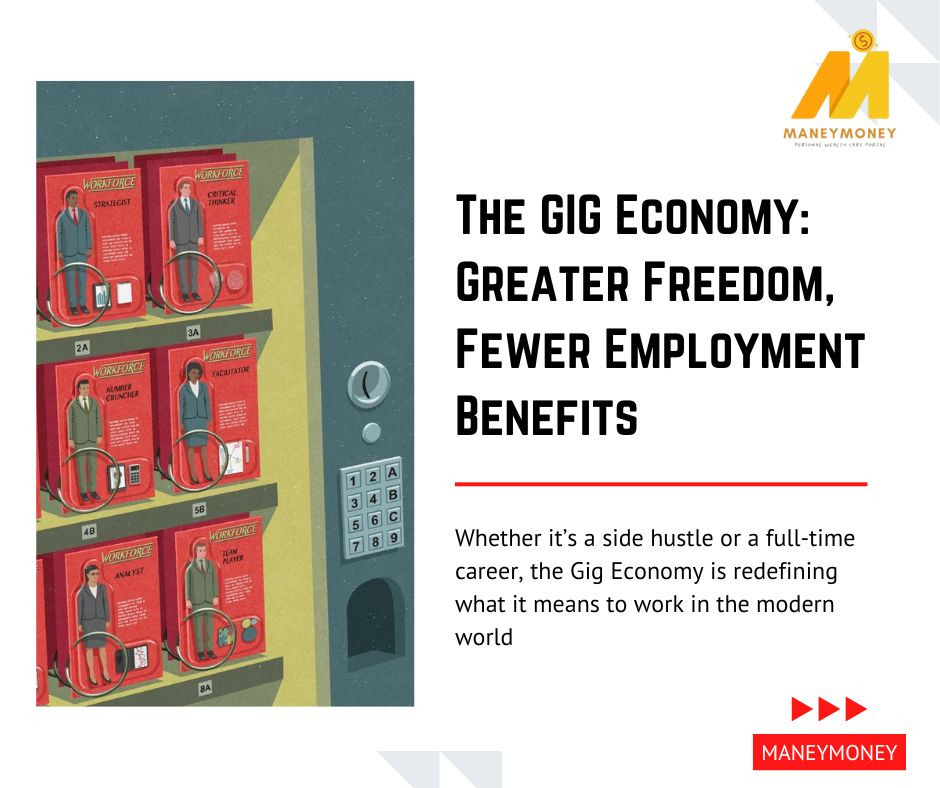In recent years, the traditional 9-to-5 jobs are not the only way to earn a living anymore. A modern trend called “the Gig Economy” has rapidly expanded, offering millions of people flexible work opportunities. From ride-sharing and freelance writing to online consulting and food delivery, Gig works are shaping the way people earn money differently. But what exactly is the Gig Economy? Let’s explore!
What is the Gig Economy?
The term “Gig Economy” simply means a labor market where people take on short-term, flexible jobs rather than traditional full-time employment. Freelancers, project-based workers and temporary or part-time hires can be often called “gigs”. Since workers in the gig economy are usually independent contractors, they have greater freedom but fewer employment benefits.
The Benefits
From the workers’ perspective, the gig works are an attractive alternative way to earn money from traditional employment due to many advantages it offers.
- Freedom & Flexibility: Firstly, workers can choose their preferable schedule, place for their work compared to the traditional full-time jobs. At this point, gig work can improve work-life balance.
- More Income Opportunities: Some gig workers use freelancing to supplement their primary income, while others build full-time careers from it.
From the businesses’ perspective, they save resources and costs. Since they don’t have to provide employee benefits like insurance, office or even training. Additionally, companies can hire gig workers if it might be too expensive to hire experts as full-time staff, for specific projects.
Challenges and Drawbacks
While the economy provides many different opportunities, it also comes with some downsides:
- Income Instability: To earn good earnings consistently is a considerable challenge for workers.
- Lack of Benefits: Compared to full-time employees, gig workers do not receive employment benefits like health insurance, retirement plans, or paid leave.
- Work culture: Temporary workers in an organization face difficulties to maintain consistent relationships among workers, employers and clients on a long-term basis.
The Economic Impact
The gig economy significantly influences national and global economies. For example, more workers are choosing gig work over full-time jobs, leading to shifts in labor markets. And another impact is “Job Hopping” since workers also tend to change jobs more frequently than traditional workers. Next, regulatory challenges are spotted like governments struggle to classify and regulate gig workers which leads to debates about employment rights and protections.
The Future of the Gig Economy
The gig economy is expected to continue growing, and some possible changes may appear like some certain gig works could be eliminated because technology advancements are creating new opportunities in digital freelancing and remote work. Next, governments may introduce new protective laws and rights for gig workers. Whether you're considering gig work or not, understanding its impact is essential in today’s changing economic landscape.

Add New Comment